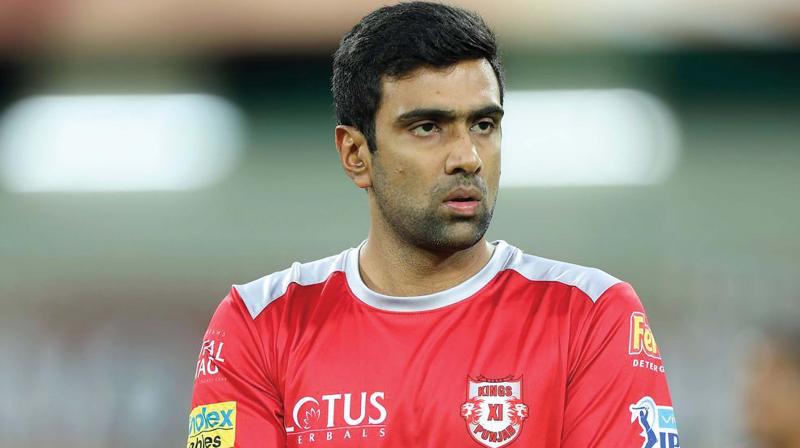Outside the lines: Some things transcend success

Even those completely ignorant of who Vince Lombardi, the legendary American Football coach, was have heard some version of the quote attributed to him: ‘Winning isn’t everything, it’s the only thing.’ Those words would suggest a two-dimensional man, a cardboard cutout. But Lombardi was anything but. In When Pride Still Mattered, David Maraniss’s magnificent biography, a former player recalls Lombardi saying: “It takes a special person to love something unattractive, someone unknown. That is the test of love. Everybody can love someone’s strengths and somebody’s good looks. But can you accept someone for his inabilities?”
Sadly, it’s the first quote that has become gospel, for everyone from elite coaches to those running kids’ teams. You don’t need to dig too deep to realise how meaningless it is. How do you quantify success? Is it merely the number of trophies and individual honours won, or something far more intangible? To illustrate this, just look at two careers from Indian cricket history.
By every statistical benchmark, Ravichandran Ashwin (342 wickets from 65 Tests) leaves Bhagwat Chandrasekhar (242 from 58 matches) far behind. Yes, it’s slightly illogical to compare an offspinner with a freakish leg-break bowler, but the numbers aren’t even close. Ashwin has winner’s medals from the World Cup, the Champions Trophy and the Indian Premier League (IPL), and has been a cornerstone of a Test team firmly ensconced at the top of the rankings. Chandra’s greatest achievement was his 6 for 38 at The Oval nearly half a century ago, as India won a series in England for the first time.
The Mukesh-singing Chandra, however, wasn’t just liked or admired by his teammates, peers and fans. He was adored. Still is. Their eyes light up when they talk of Mill Reef - his quicker delivery named after the Epsom Derby winner in 1971 - or the disarming manner in which he went about his work. And nearly 40 years after his last Test, the adulation is undimmed.
Ashwin, for all his achievements, has found that hard to come by. Perhaps on Merseyside or in Rome, his brusque confidence and tendency to call a spade a bloody digging implement would have won him more admirers. Here, he’s seen as something of an oddball with a chip or two on his shoulder. Most of his peers and fans respect his ability, but there’s little love there.
If you look at another sport, you could say the same of Cristiano Ronaldo. With Manchester United and Real Madrid, Ronaldo has won every trinket there is to win in football. But you’ll find precious few United fans who adored him like they did Paul Scholes or Ryan Giggs, and not that many Real supporters who took him to their hearts as they did the Madrid-born Raúl González. Lionel Messi, his great rival, may have been born half a world away in Rosario, but by virtue of having been in Barcelona nearly two decades, the fans love him as one of their own.
But Messi too has won plenty. To understand our shallow understanding of success, we only need to look across the Mediterranean Sea to Rome, and two of the most remarkable careers in sport. Both Francesco Totti and Daniele de Rossi won the 2006 World Cup with Italy, and were recognised as leading lights of the world game in the first decade of his millennium. Yet, until de Rossi said farewell to AS Roma last month, both were one-club men. Totti, L’Ottavo Re di Roma (The Eighth King of Rome), spent 25 years with the team he supported as a young boy. In his prime, he could have gone anywhere, and tripled his earnings. He never did.
De Rossi, who succeeded him as captain after once being a ball boy who followed his hero’s every move, spent 18 years with Roma before the team’s deeply unpopular US-based owners forced him out. You will struggle to find a more poignant picture than the one of De Rossi after his final game, kneeling and kissing the ground in front of his beloved Curva Sud.
This was after all the man whose captain’s armband has the words “You are my only bride, you are my only love.” The Curva Sud, where the most fanatical supporters congregate, repaid that devotion with a massive banner that said: “You have represented us on the pitch for 18 years... From today, your Curva will represent you forever. We are all DDR.”
De Rossi never won the Serie A title with Roma. Totti won just one. There was no continental glory either. Had he gone to Manchester United or any of the other storied clubs who would have written him a blank cheque, De Rossi’s trophy cabinet might have been full. But there are bigger things.
Just over a week ago, after Liverpool won the Champions League to crown a memorable season, Trent Alexander-Arnold, the 20-year-old right back who joined the club’s academy at the age of 6, said: “It’s hard to think of myself as a legend. I’m just a normal lad from Liverpool whose dream has just come true.”
He may or may not win more medals than De Rossi and Totti. But like them, he understands that some things transcend success, or the narrow prism through which we often view it.
(The author is a sports writer who was formerly Editot-in-Chief of Wisden India)

